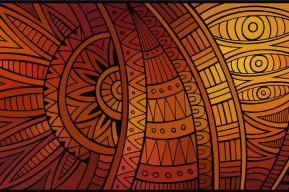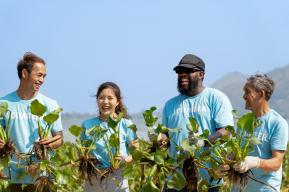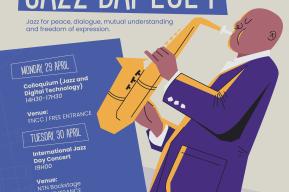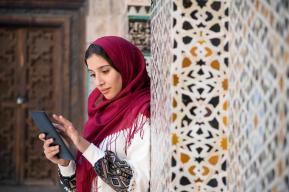Press release
UNESCO to celebrate Southern Africa's heroine liberators in Mozambique

UNESCO Regional Office for Southern Africa (ROSA), the Ministério dos Combatentes of Mozambique with the support of the Southern African Research and Documentation Centre (SARDC) will this week meet to honour and celebrate the role played by heroines in the liberation of Southern Africa. Dubbed “HERstory: Heroines in the liberation struggles in Southern Africa” the regional conference will be held on 6 and 7 July 2023 in Maputo, Mozambique. High-level representatives from eight countries will participate in this conference which coincides with Mozambique’s celebration of the 20th Anniversary of the Maputo Protocol, an international human rights instrument established by the African Union in 2005 to guarantee extensive rights to African women and girls, including progressive provisions on harmful traditional practices, reproductive health and rights and roles in political processes.
“This conference provides an opportunity to relook at Southern Africa’s liberation through the female liberation fighters’ eyes and to engage youth with their history, understanding better the life we live today. Both women and men played a pivotal role in liberating Southern Africa, but the women’s contribution is not known widely”
The regional conference: “HERstory: Heroines in the liberation struggles in Southern Africa” aims to promote the Ubuntu spirit and regional cohesion-building by revitalizing the collective memory including women’s, in their equally relentless pursuit for justice and democracy as their male counterparts.
The conference will include panel discussions on key liberation history topics, testimonies from liberation heroines drawn from across Southern Africa and parallel workshops with various stakeholders. Young journalists, artists, and students majoring in history (including representatives from the Southern Africa Youth Forum), will interact with and interview women involved in Southern Africa’s liberation struggles.
“Young people will get a unique chance to (re)appropriate their history by interviewing the liberation heroines from across the region on the first day. On the second day, through this participatory “history telling” exercise, they will restitute in front of the audience their interpretation of the vital solidarity spirit across borders that led to the liberations through women’s stories. We will also organise a training for young actors to develop intercultural competencies through the story circles methodology developed by UNESCO”, said Amina.
The Southern Africa Liberation History Flagship project will be introduced during the round table discussion with donors and other key sponsors to support its expansion. This programme includes research and the production of decolonial pedagogical tools, youth engagement, preservation, and digitalization of liberation archives, in addition to the first volume edited by SARDC on Youth and the Liberation Struggles whose outcomes are key in the extension of formal and non-formal history teaching and telling.
The Conference will include the announcement of “HERstory,” a regional storytelling contest to immediately engage youth in this regional collective memory, as the co-curators of the exhibition. Through storytelling on diverse lived experiences of the liberation struggles in the SADC region, UNESCO seeks to actively engage young women and men with the voices of women in the liberation struggles and to re-structure the inclusive collective memory in which unity is promoted over exclusion. Hence, youth will proudly identify with their region, understand, and acknowledge the regional solidarities and international support to the liberation movements. Through this (re)connection with their intertwined histories and roots, they will recreate a sense of belonging and solidarity among people in Southern Africa and relate with each other on a larger scale.









